Blogs are becoming a standard medium for knowledge dissemination in an accessible and rather informal way. Such publications utilize accessible and informative language, speaking to a diverse yet targeted audience. This post describes how blogs that the CAC publishes are to be written, in a way that demonstrates the tips we provide and the practices we recommend our contributors follow.
Introductions and Openers
Like most text that you write, the first paragraph is very important in setting the tone and the purpose of the piece. For blog posts in particular, the first couple of sentences are the most important: along with tone and purpose, they set the theme and guide your reader as to whether or not this post answers their inquiries. While the openers for your blog are expected to be grabbing, they still need to be direct in presenting the key information. From there, continue to provide context and essential details on the topic. Move on from the introduction as soon as you have established your theme, purpose/argument, and the necessary context.
Concision and Brevity
Concision is key in writing blog posts. Your readers are looking for information that can be deciphered efficiently, perhaps even through skimming. Lay out the information as concisely as possible, using sentences of short to moderate lengths. Make sure that your sentences are engaging and vary in length though, so that the piece has rhythm and flows smoothly. Use anecdotes and personal experience wisely: where it drives the point home or clarifies it, is necessary to capture the reader, or is the actual topic of the post.
Further, lists and bullet points are your friends in a blog post. Where necessary, this practice provides a visual structure for readers’ attention, as well as a quick-to-read and easy-to-digest display of information.
Sections and Headers
Use sections and headers; these focus your reader’s attention and gives them a visual map of the post and which part they need to read. Given that some of your readers will be skimming the post, organizing it into sections with clear and descriptive headers will guide them towards the content of interest. A satisfied reader will come back for more, so if you are building an audience/following, make sure you attend to their expectations.
Purpose and Themes
Be aware of your purpose from the very beginning and make it clear to the readers. Make sure that by the end of the post, you have achieved your purpose. Know your themes and commit to them; avoid getting distracted by and/or distracting your reader with unnecessary information. You may find formatting helpful to highlight key terms and statements; where need be, bold the important word or sentence, but make sure not to overdo it.
General Notes:
- If discussing a personal experience, avoid rants and focus on takeaways (Raising awareness, providing tips, etc.)
- Be aware of the diversity of your audience, which includes backgrounds (social, cultural, religious) and academic standing (undergraduates, graduates, faculty)
- Use language conscientiously. Our blog is a writing blog for building community; as authors, lead by example
- Be respectful and professional, even if informal
- Finally, be open to conversations pre and post publication. The editors of the blog go through a selection process and will get in touch with the authors for edits and revisions. Readers might wish to contact the authors to further the conversation, so consider providing contact information with your bio note.
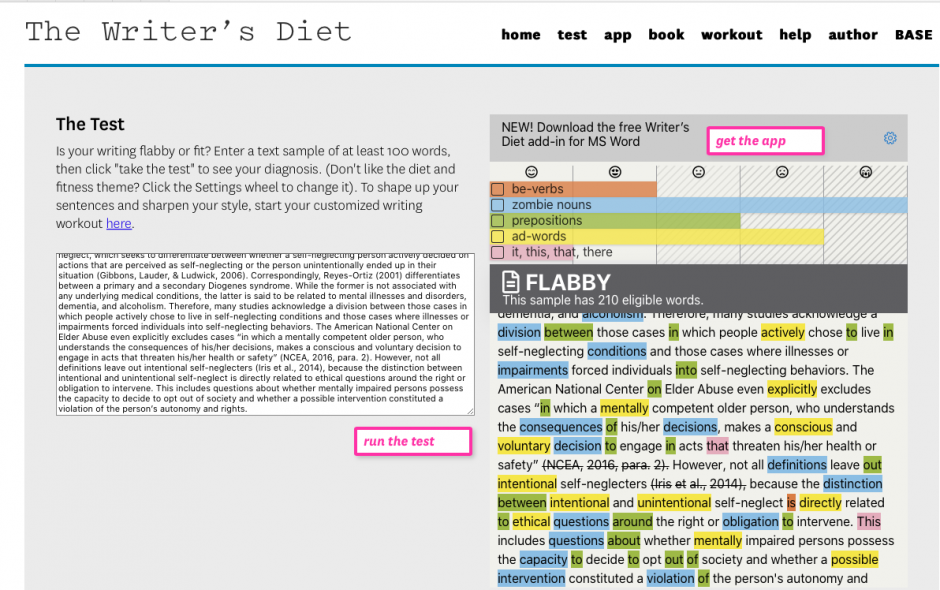


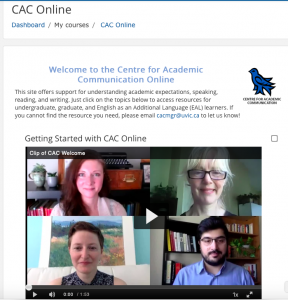
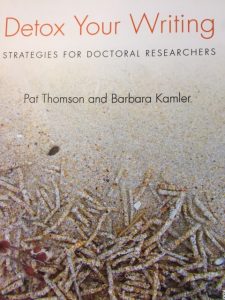

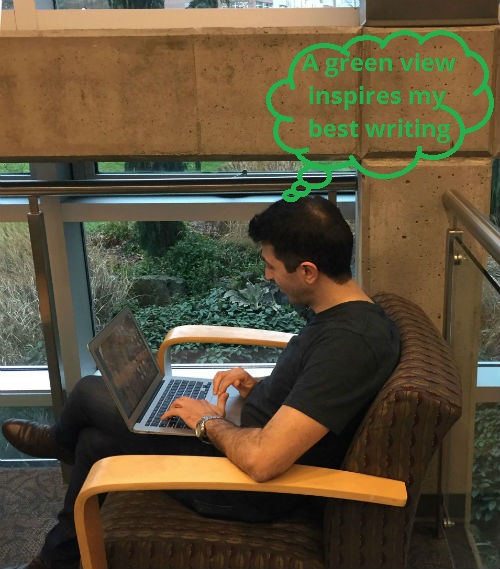 Graduate students: Tell your writing story
Graduate students: Tell your writing story
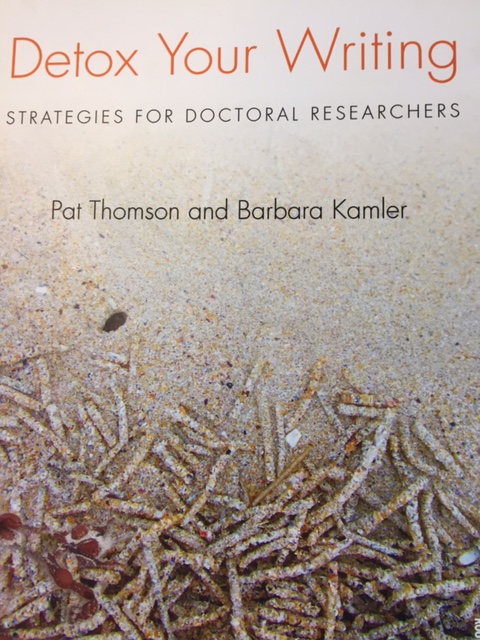 I am a big fan of Thomson and Kamler’s four-move abstract described in Detox Your Writing: Strategies for Doctoral Researchers (
I am a big fan of Thomson and Kamler’s four-move abstract described in Detox Your Writing: Strategies for Doctoral Researchers (